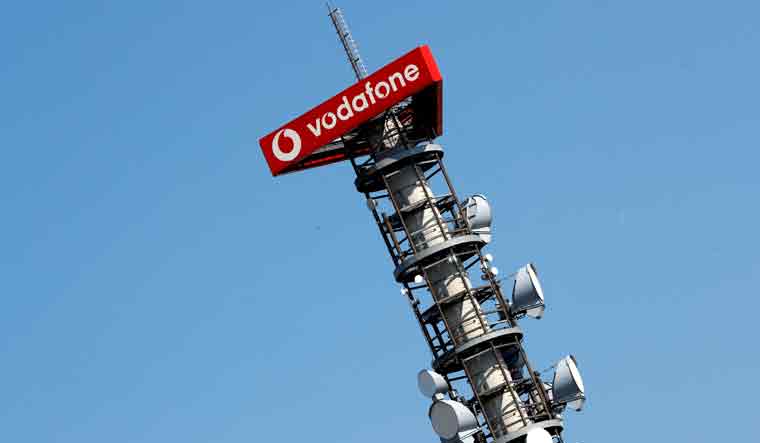The Supreme Court finally delivered its verdict in the case related to the adjusted gross revenue payments of telecom companies on Tuesday, allowing them to pay the AGR dues staggered over ten years. alongside having to pay 10 per cent of their dues by the end of the current financial year ending March 2021.
The apex court had ruled in favour of the Department of Telecom in 2019. Telecom companies had for long argued that AGR should be calculated on core telecom services, while the DoT’s stand was that AGR should include non-core operations too.
The total AGR dues of telecom companies are a steep Rs 1.5 lakh crore plus. Vodafone Idea alone owes close to Rs 58,000 crore, of which it has only paid Rs 7,854 crore so far.
The telecom companies had sought a 15-year time frame to pay the AGR, while the government had backed a 20-year plan. With the SC only granting a 10 year period, Vodafone Idea will undoubtedly be among the worst affected by the AGR verdict given its weak financials.
The company reported a loss of Rs 25,460 crore in the April-June quarter on account of provisioning of AGR dues of over Rs 19,000 crore. As of June 30, it had a cash balance of only Rs 3,450 crore according to an earlier report by CARE Ratings.
Now, either the promoters must invest more funds in the company or there has to be another round of tariff hikes to ease out their liquidity position as they still owe a substantial part of their AGR dues, said Vipula Sharma, director, ratings, Brickwork Ratings.
A hike in telecom tariffs would benefit Bharti Airtel too, but it has already paid around Rs 18,000 crore out of the estimated Rs 43,000 crore in its AGR dues, so its burden will be far less. Its also in a far better financial health than Vodafone Idea; Airtel had raised $3 billion earlier this year.
“Only if the ARPUs (average revenue per user) move closer to Rs 180-200 along with the retention of existing subscribers, the stress on the telcos is expected to ease,” said Sharma.
Vodafone Idea’s ARPU last quarter was at Rs 114, compared with Rs 157 for Bharti Airtel and Rs 140 for Reliance Jio.
Nitesh Jain, director, CRISIL Ratings too calls for Rs 20-30 per month increase in tariffs per month by telecom companies to cover for the AGR dues alone.
“The AGR Liabilities will weigh on the credit profiles of telcos. The impact on debt metrics will be a function of the extent of tariff hikes. Additionally, sponsor support will be crucial for weak telcos to sustain operations,” he said.
According to an assessment by Motilal Oswal Financial Services, assuming an 8 per cent interest rate, Vodafone Idea will have to pay annually Rs 7,500 crore, compared with Rs 3,900 crore for Bharti Airtel.
“The Supreme Court verdict is not as beneficial to Vodafone Idea as it is to Bharti Airtel. Considering, the high annual interest, depreciation and amortization cost, the annual AGR dues could put further strain on the cash flows of the company,” said Rusmik Oza, head of fundamental research at Kotak Securities.
VK Vijaya Kumar, chief investment strategist at Geojit Financial Services, said the ten-year time frame put a question mark on the survival of Vodafone.
“Indian telecom industry moving to a virtual duopoly is not a desirable development,” he said.
What could come as some good news for Vodafone Idea is that Bharti Infratel on Tuesday decided to proceed with a proposal to merge with Indus Towers to create the biggest telecom tower company outside China. Vodafone Idea is selling 11.15 per cent stake in Indus Towers for a cash consideration of around Rs 4,040 crore.
Vodafone Idea’s shares closed 12.8 per cent lower at Rs 8.89 on the BSE. Bharti Airtel ended 6.4 per cent higher at Rs 546.75.
Giving his initial reaction on a TV channel, Mukul Rohatgi, the counsel for Vodafone Idea said even as the company had requested 15-20 years to repay, the court giving 10 years was not bad in the current scenario.
“It will survive. Vodafone is not a fly by night operator. It operates in many countries in the world, it has done bonafide business in this country, but for many reasons, including the policy of DoT etc, it has suffered huge losses,” he said.



